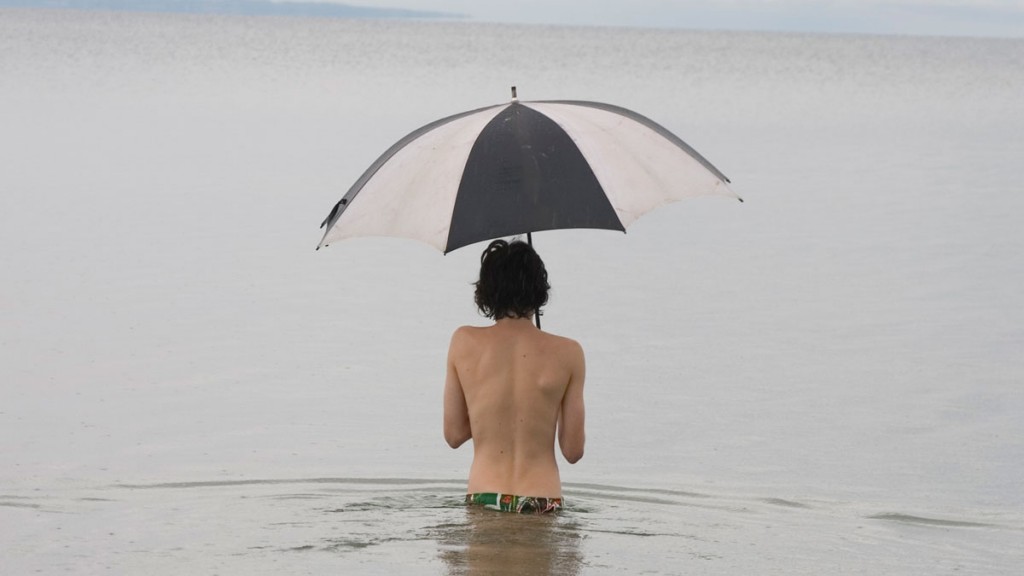
Almost 140,000 holidaymakers are set to lose out after the collapse of budget travel agency Lowcostholidays. Some 27,000 customers were already abroad when the news came last Friday, and a further 110,000 have booked trips but are yet to depart, reports administrator Smith & Williamson. UK travel operators are usually protected by Atol – the scheme which ensures that customers can get a refund if the company they booked through goes bust.
However, in 2013, Lowcostholidays relocated to Spain, which nullified many of these protections. “A small number” of those who have not yet travelled will find that their flights have not been paid for, says Smith & Williamson, and “many” will have the same problem with hotels.
If you’ve booked with Lowcostholidays, it may still be possible to retrieve your cash. If you paid on a credit card, and your booking cost £100 or more, there is a good chance you will qualify for a full refund under Section 75 of the Consumer Credit Act. Get in touch with your bank for details, and if you’re rejected, contact the government’s free Financial Ombudsman Service.
If you paid for your holiday on a debit card, Section 75 doesn’t apply. However, you may be able to claim using “chargeback” – a little known scheme which gives you a chance of getting your money back if the firm you bought something from goes bust. HSBC, Royal Bank of Scotland, Halifax and Lloyds have confirmed they will offer this protection to Lowcostholidays customers, but Barclays says it’s telling customers to claim with the administrator.
Those who paid by bank transfer or cash may want to trawl through the small print of their travel insurance policy, just in case you are covered for the collapse of a travel company – although this is unlikely.
Finally, if you booked a flight and a hotel, contact Govern de les Illes Balears, the Spanish authority that regulated Lowcostholidays. If the bonding arrangements in place under Spanish law turn out to be sufficient you may get some money back. But according to its website, Lowcostholidays had just £1.2m set aside to compensate customers – just £7 per booking.
So it is also worth contacting Smith & Williamson, in case there are enough assets in the firm to make partial refunds. Email lowcosttravelspain@smith.williamson.co.uk.
Turkey: a holiday checklist
Thousands of British holidaymakers found themselves stranded in Turkey last weekend, amid an attempted military coup against President Recep Tayyip Erdogan. Many were unable to fly home. Others feared they would have to cancel holidays after flights to some of Turkey’s major cities were suspended. So, if you’ve booked a holiday to Turkey this summer, what does the turmoil mean for you?
If you are due to go to Turkey this week, check with your airline or tour operator before travelling. There remain some pockets of disruption, but it’s very likely your holiday will go ahead as planned. The Foreign & Commonwealth Office (FCO) says that the situation “appears to be calming”, although the security environment remains “potentially volatile”. It recommends being vigilant in the cities of Ankara and Istanbul but stresses that, other than Marmaris, coastal resorts are not significantly affected.
If recent events have changed your mind about taking your holiday, you’re unlikely to secure a refund. While the FCO deems the holiday resorts safe, any compensation will be subject to the usual terms and conditions. Thomson, FirstChoice and Thomas Cook have this week insisted that “normal booking conditions apply” – which at this stage usually means no money back.
It’s unlikely that any cancellation will be covered by your travel insurance, as many policies exclude cancellation due to political unrest – but it’s worth checking with your provider in case. And if you do decide to go ahead, your travel insurance should still be valid so long as the FCO’s guidance doesn’t change to advise against travel to the area.